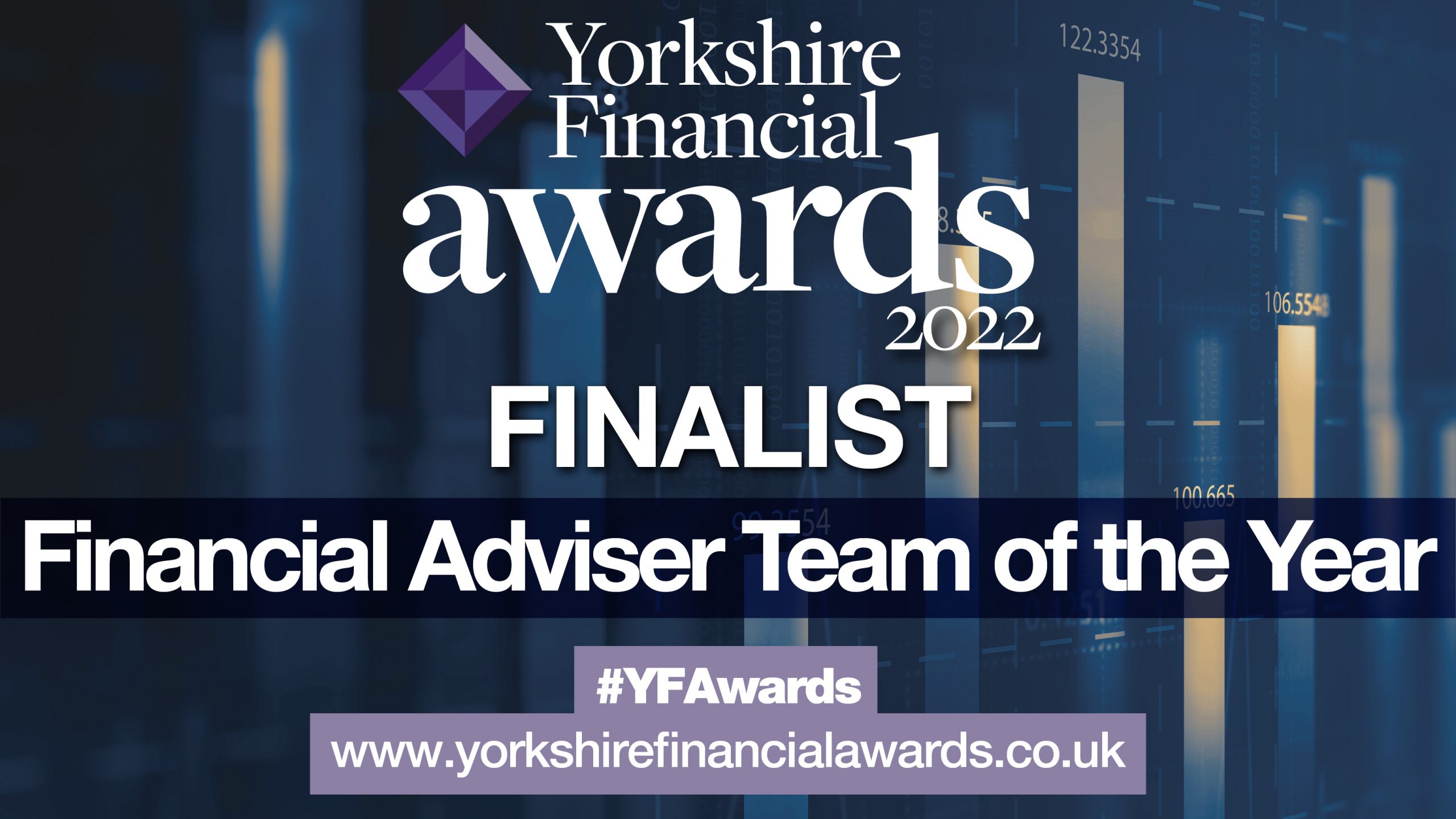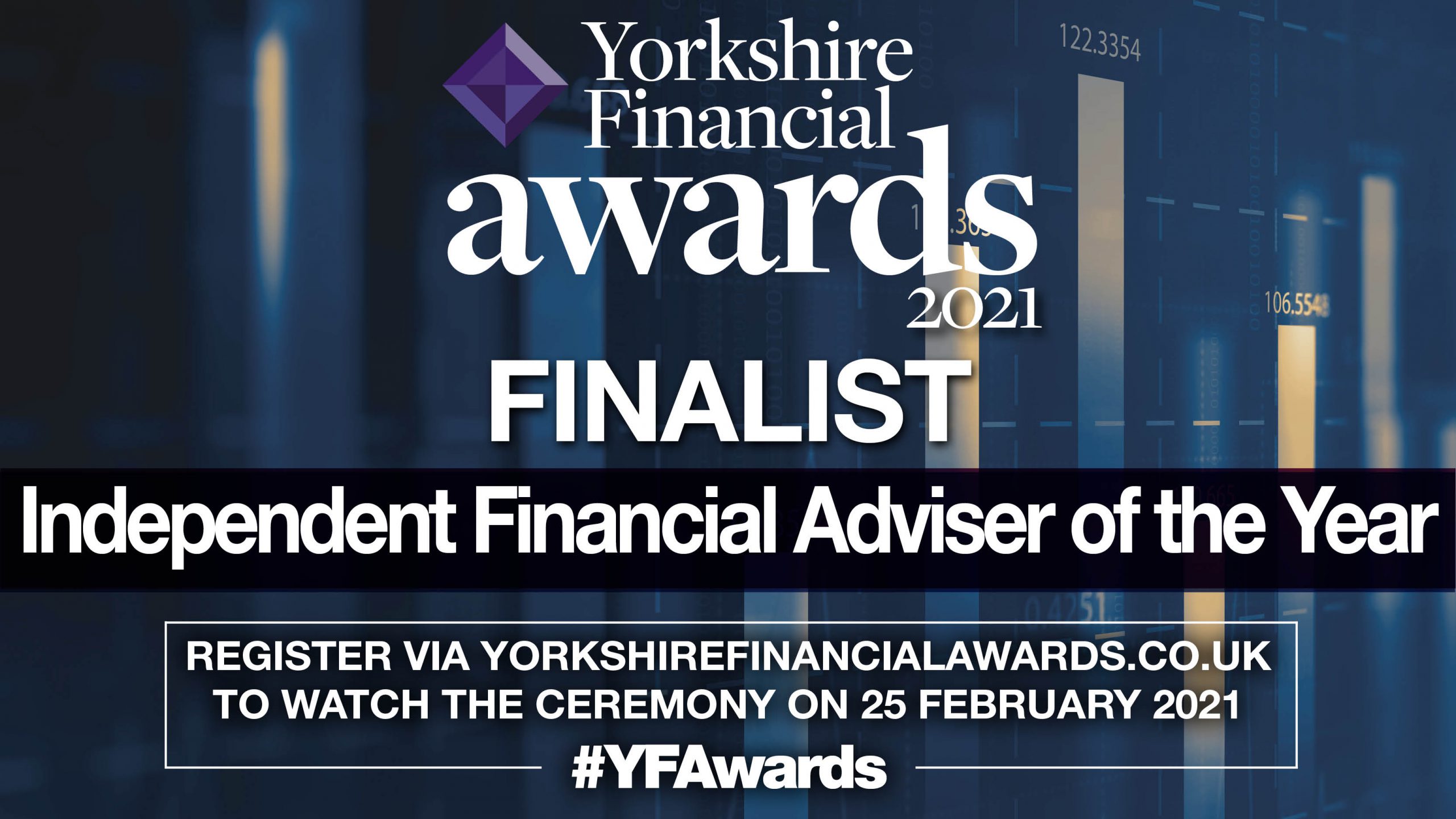Over the last few years, the demand for ‘responsible’ investing has grown.
ESG investing – focusing on environmental, social and governance factors – is on the rise across the UK and Europe, with data from Morningstar showing that assets under management in Europe now stands at €684 billion. 290 ESG-oriented open-ended and exchange-traded funds were launched in 2018 alone.
So, what is ESG investing? Why is it becoming more popular? And will you sacrifice a good return by choosing these investments? We answer these questions and more.
What is ESG investing?
ESG investing considers environmental, social and governance factors alongside financial factors when investment decisions are made. It is sometimes called ‘socially responsible investing’, ‘sustainable investing’ or ‘screening’.
There are lots of factors that could influence the ESG decision-making process. These could include:
- Environmental issues such as climate change, the use of natural resources, pollution and waste, treatment of animals and energy usage
- Social issues such as working conditions, wages, gender diversity, product liability, community involvement, supply chains, and stakeholder objections
- Governance issues such as transparent accounting methods, democratic voting for shareholders, avoidance of conflicts of interest, and legal business practices.
As an example, US firm Trillium Asset Management, with $2.5 billion under management, uses ESG criteria such as avoiding companies with:
- Known exposure to coal mining
- More than 5% of their revenues from nuclear power or weapons
- Major recent or ongoing controversies related to workplace discrimination, corporate governance and animal welfare.
Why is ESG investing becoming more popular?
There are two main reasons why the demand for ESG investing is on the increase:
- Investor demands are changing
In Schroders’ 2018 Global Investor Survey, 76% of respondents said sustainable investing had become more important to them in the last five years. And, the same research also found that those aged between 18 and 44 were significantly more likely than those aged 65 or older to frequently consider their carbon footprint, for example.
Triodos Bank found that a fifth of UK investors are planning to invest in a socially responsible investment fund in the coming years, rising to 47% amongst younger investors aged 18-34.
And, a 2016 Bank of America report speculated that, over the next 20 to 30 years, the millennial generation could put USD15 to USD20 trillion into ESG investments, suggesting that the demand is only going to increase.
- The world is changing
The world is facing major challenges, from flood risk and rising sea levels to demographic shifts and concerns about data protection.
All these changes introduce new risk factors that investors may have not had to deal with previously. As complex challenges arise, investors are likely to reconsider traditional approaches to investing.
While ESG investing is in demand, it still forms a relatively small proportion of all investments. For example, ethical products (which have been around for longer than ESG products) represented only 1.5% of the overall assets in funds within the UK at the end of April 2019.
The importance of considering the S and G as well as the E
As we have seen, the demand for ESG investments is growing. While many investors have been considering environmental issues for years, it’s important not to overlook the ‘social’ and ‘governance’ aspects of ESG investments.
Focusing on the environmental side can often lead investors to businesses such as solar or wind farms, or tech companies specialising in battery technology. However, this approach often leads to small, start-up tech businesses – and this can immediately unbalance your portfolio.
It’s therefore crucial to think about the stakeholders of a business – for example, does a company’s supply chain adhere to its values? Does a company pay the right amount of tax? And does it pay its workers properly?
The governance side is equally important because it considers how a company is managed. Are the right staff on the board? Are there appropriate checks and balances? Is the management team capable of running the business in the best interests of shareholders?
ESG investing is partly about trying to achieve long-term change. As investors generally also take a long-term view, this approach can generate useful synergies.
Will I get a good return from ESG funds?
Of course, while you may have ethical or moral reasons to choose ESG investments, you also want to know that they will generate a good return!
There have been plenty of studies which suggest that companies with sound ESG practices:
- Displayed a lower cost of capital
- Were less volatile
- Saw fewer instances of bribery, corruption and fraud.
Bearing this in mind, it’s perhaps no surprise that numerous academic and investor studies have found historically lower risk, and even outperformance over the medium to long term, for portfolios that integrated key ESG factors alongside rigorous financial analysis.
A 2016 Barclays study constructed diversified portfolios designed to track the US Investment Grade Corporate Bond Index and imposed either a positive or negative tilt to different ESG factors.
The study found that the high-ESG investment outperformed steadily using data from both Sustainalytics and MSCI. The return advantage over the previous seven years averaged 0.29% per year and 0.42% per year, respectively.
Need help with your investments?
If you have any questions about ESG investing, or you’d like to learn more, please get in touch. Email at info@thepensionplanner.co.uk or call 0800 0787 182.








 Production
Production